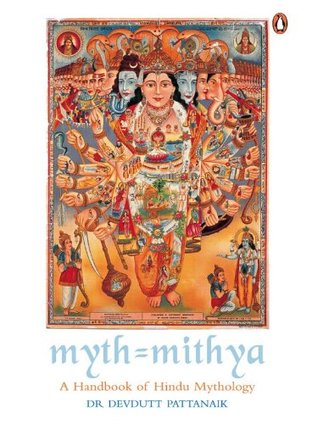More on this book
Community
Kindle Notes & Highlights
Read between
May 12 - May 17, 2022
If myth is an idea, mythology is the vehicle of that idea. Mythology constitutes stories, symbols and rituals that make a myth tangible.
The idea of 330 million Hindu deities is a metaphor for the countless forms by which the divine makes itself accessible to the human mind.
For many Hindus, Krishna is God incarnate. He participates in history, walks this earth as a mortal but still retains the power to defy the laws of space and time. Krishna is Ishwara who is Mahadeva who is Bhagavan who is God. God is self-created or svayambhu and self-contained. A god is obliged to participate in the wheel of life; God, on the other hand, has the choice to step in and out. God may submit to the law of Brahmanda but does not depend on it for his existence.
Monica liked this
They may be pure enough to reach the gates of Vaikuntha, but not worthy enough to see the sleeping Vishnu who is param-atma. To see God, they must act, respond to worldly provocations, suffer moral and ethical dilemmas and make appropriate choices. Provocation finally comes in the form of Jaya and Vijaya, who do not let them enter Vaikuntha.
Monica liked this
Any jiva—even a human—can become a Siddha if he can overpower the urge to respond to sensory stimuli. Once a Siddha, a human becomes more powerful than a Deva, capable of doing whatever he wills.
Yoga is essentially a technique of mental discipline used to still the mind and manage a crisis. There are different types of yoga for different types of people: bhakti yoga for those who are more emotional, gyan yoga for those who are more intellectual, karma yoga for those who are more social, hatha yoga for the athletic, mantra and tantra yoga for those more ritualistic.
Monica liked this


